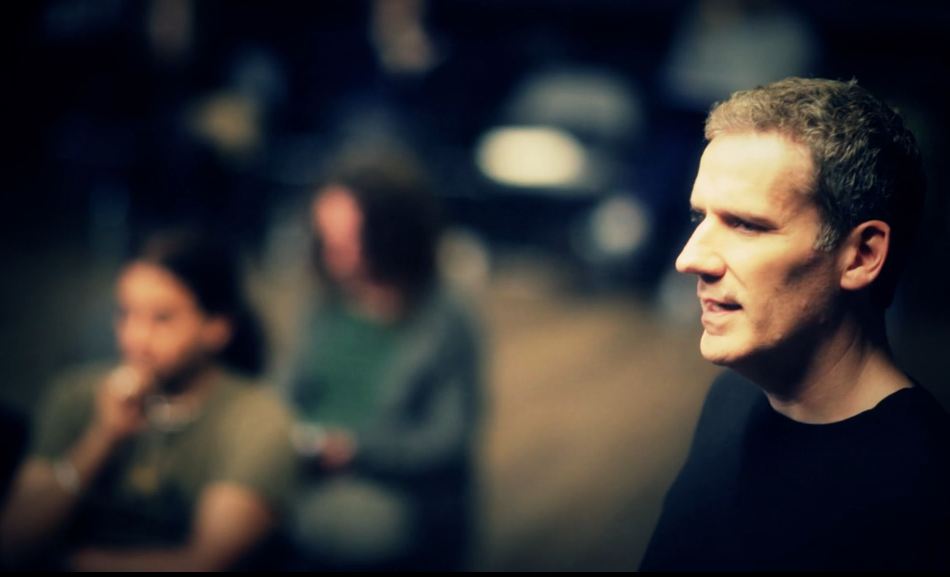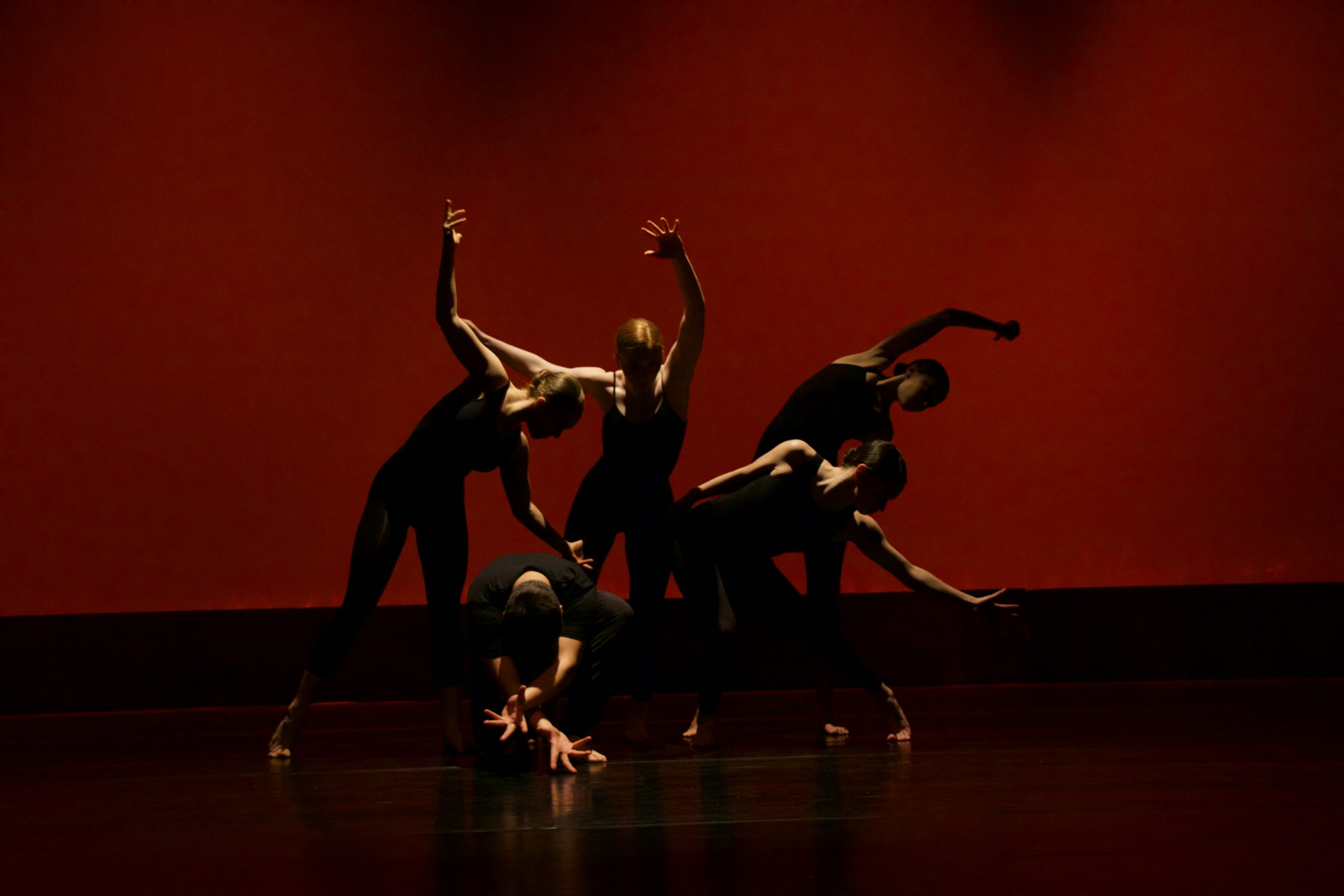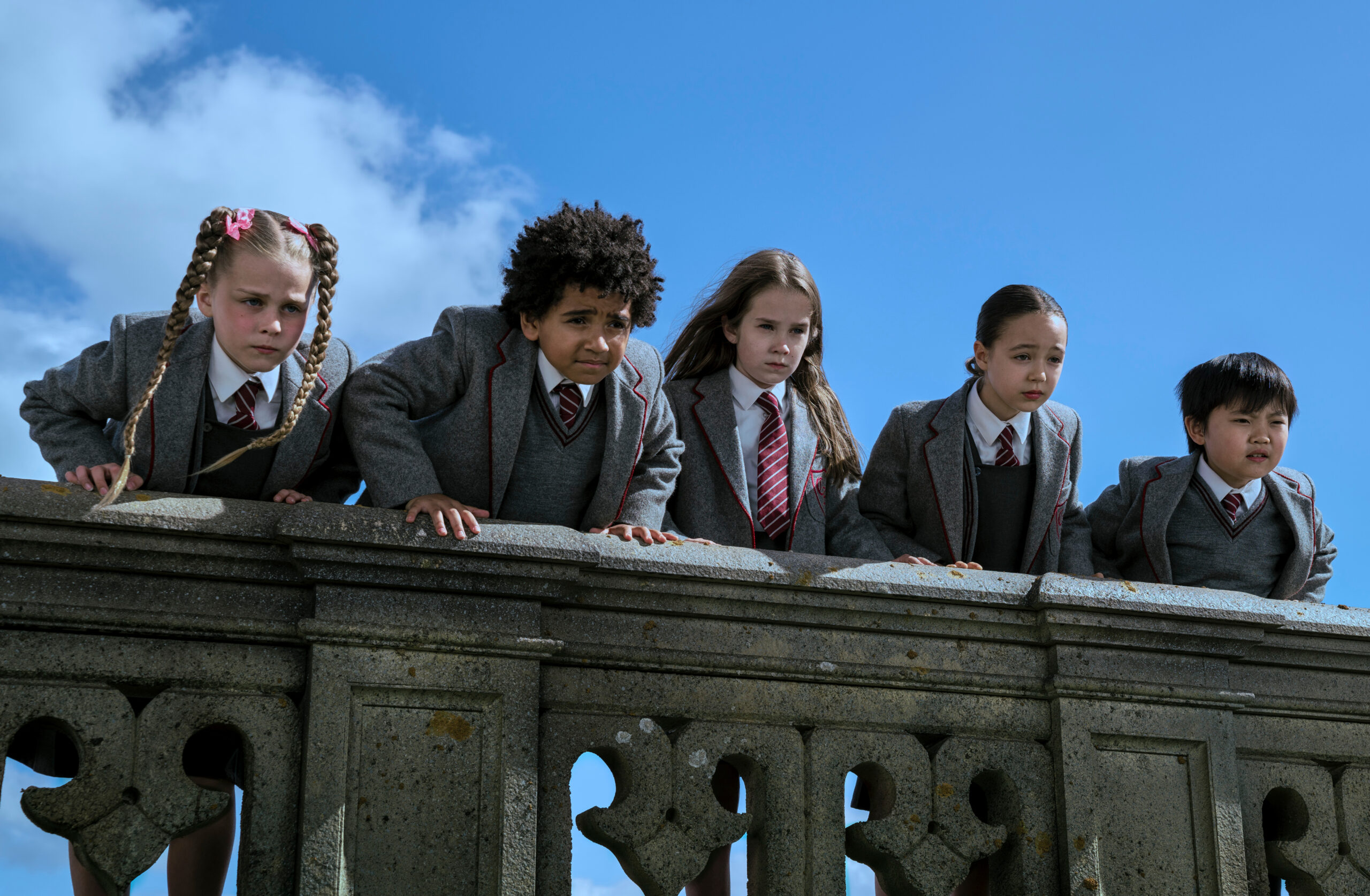Acting – at least for those who do it professionally – is about much more than just learning the lines in a script and then saying them out loud. You also have to know which way to face and who’s paying your wages at the end of the week!
I’m joking of course (well, not about the wages bit!), but knowing how to do more than just read the lines in the right order is deadly serious for anyone wanting to work as a professional actor. This is where scene study enters the stage.
 Scene study is the art of analysing a scene and working out what you need to do to really bring the script to life. It’s one of the most fundamental skills any working actor needs and, like so many things in this business, it’s something you can learn if you’re willing to put in the time and effort.
Scene study is the art of analysing a scene and working out what you need to do to really bring the script to life. It’s one of the most fundamental skills any working actor needs and, like so many things in this business, it’s something you can learn if you’re willing to put in the time and effort.
Mastering scene study takes years, but here I will explain the basics so you can start getting to grips with just why it’s such an important skill and get thinking about how to apply it to your own acting work.
Digging beneath the surface of a scene
As a jobbing actor, one of your main selling points over every other actor hustling for work has to be the ability to take a script and do something interesting with it. That means going beyond the obvious to offer something fresh, surprising and, above all, three dimensional.
To do this, you have to go beneath the surface and work out what is driving the characters in a scene. What can you infer, by reading between the lines, about not just what the characters are saying and doing, but why they are saying and doing those things?
If you can pick up a script and quickly identify the underlying forces moving the characters and the narrative, you will be able to bring something alive and truly valuable to your performances. This is what casting people and directors look for – actors who can bring something extra to a scene, not just a script reading robot!
What to look for when studying a scene
There are certain basic questions every actor should ask when they first read a new scene, but effective scene study means going beyond the basics and really digging into the meat of what is going on. As such, there are certain key things you should look for in any scene.
Themes – What is the script about (beside the obvious details of the plot)? What message or ideas is it trying to get across? How does your character fit into that?
Circumstances – Where is the scene taking place? What time period is it? What significance does this have for your character? How does it affect their behaviour?
Motivation – Why is your character in this scene? What are they trying to achieve? Why does this matter to them? How do their actions advance (or fail to advance) their goals?
Relationships – How is your character connected to the other people in the scene? How do they feel about each other? What do they want from each other?
These really are just the very basics, but they should start to give you an idea of what sort of questions to ask about a scene. By working out these details and bringing them together, we are ultimately looking to know one fundamental thing – exactly what emotions our characters are feeling at any given moment.
Knowing the framework underpinning a scene and all the different things that are going on means we can start to bring complexity and depth to our performances. Instead of just knowing that, for example, a character is sad, we might realise that their sadness is tinged with regret and a hint of black amusement because of other bits of contextual information we have worked out.
This is what we mean by acting three dimensionally and it is absolutely essential for anyone wanting to earn their keep as a professional actor.
Experimenting with scene study
Of course, with something as complicated and in depth as scene study, you shouldn’t expect to get it right straight away. Even highly experienced actors need to experiment and try out different ways of approaching a scene.
One thing to bear in mind is that, no matter how much you think you have “cracked” a scene, it’s important to be open to what the other actors are doing. Ultimately your interpretations have to mesh together to create an entire performance.
And never forget, the director’s word is final!
Using method acting to improve your scene work
Method actors employ a number of different techniques that can help get the most out of scene study.
One of the most commonly used is affective memory. This involves looking at a moment in a script where you have to portray a particular emotion, then recalling a moment from your own life where you experienced a similar emotion and using this to inform your performance.
This fits perfectly into the discipline of scene study as what you are doing when you analyse a scene is effectively looking under the surface to work out exactly what emotions your character is feeling moment by moment. Affective memory then lets you match up those moments with close parallels from your own life to create truly well-rounded performances.
To really get the hang of scene study takes years of learning, experimenting and improving. However, armed with the insights I’ve shared here, hopefully you can begin to get to grips with this powerful and highly effective acting technique.
Brian Timoney is one of the world’s leading method acting coaches and founder of the Brian Timoney Actors’ Studio in London. He has a long list of past students who have gone on to have successful acting careers. You can rad more from Brian on his own method acting blog.












